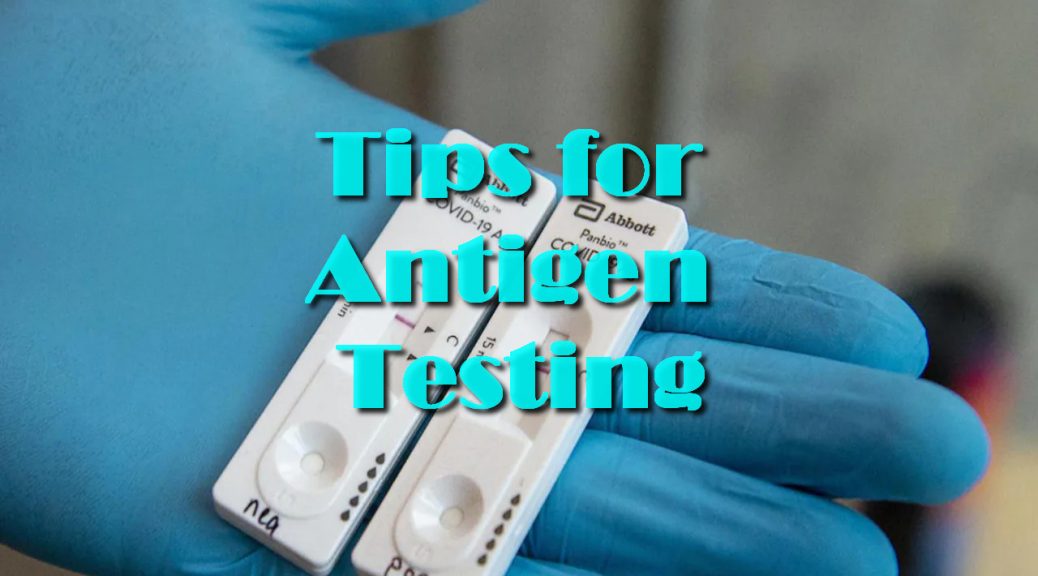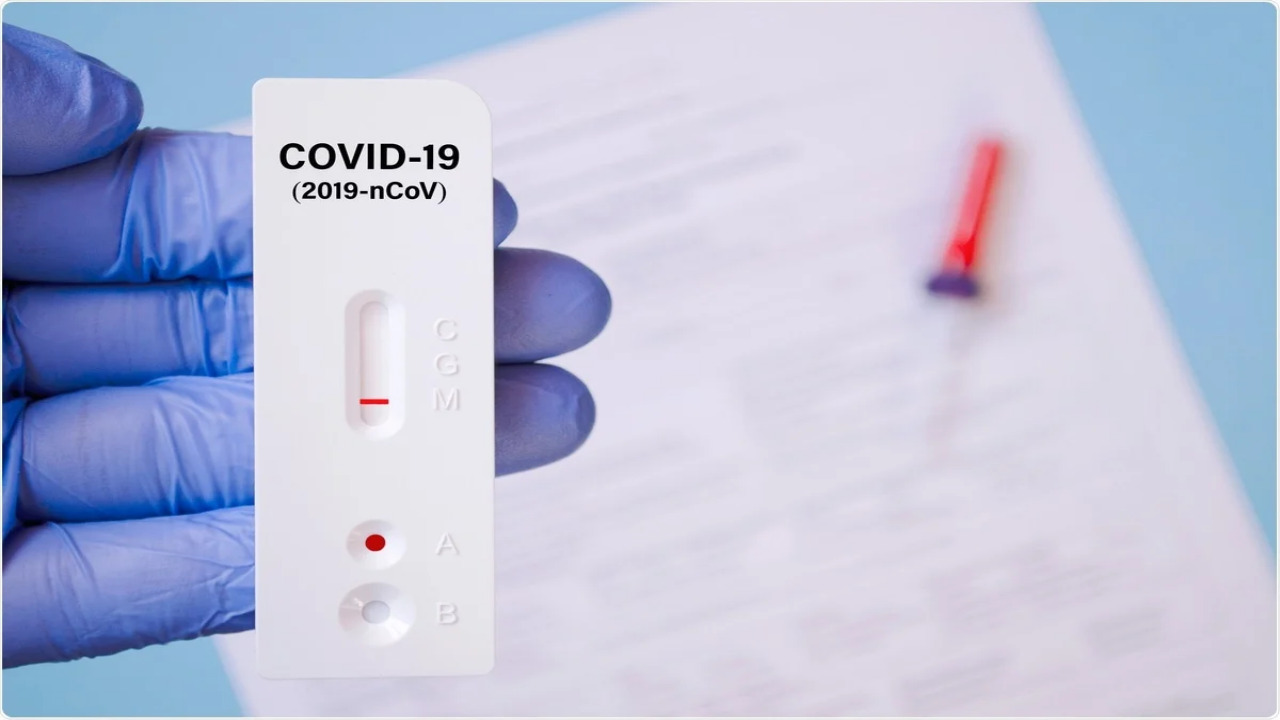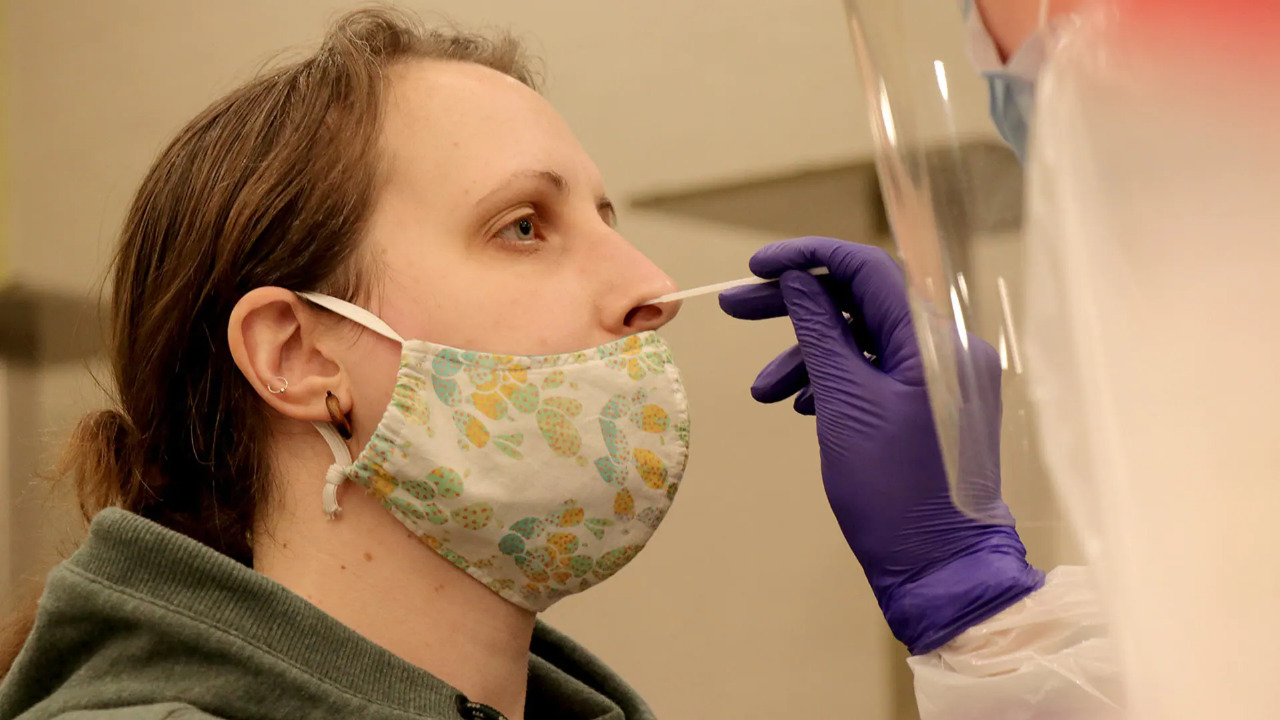
Tips for Antigen Testing
An antigen test is an alternate kind of examination that may directly identify the SARS-CoV-2 virus, which can be the potential cause of COVID-19. Antigen test can identify a protein in those who have been infected with the virus, in contrast to nucleic acid amplification testing (NAAT) and polymerase chain reaction (PCR) testing, which both identify the viruses’ existences by undertaking a genetic examination (RNA).
Blood testing for antibodies cannot be used to diagnose a person actively infected by the virus, which makes antigen and RNA tests superior techniques for doing so. Blood tests for antibodies should never be used to diagnose an active infection. The Centers for Disease Control and Prevention (CDC) provide broad recommendations for several procedures, including the Healgen Covid-19 lateral flow antigen test. There is also a set of specific recommendations available for the utilization of nursing homes for testing.
Benefits of Antigen Testing

Swabs taken from inside the nose are used for the antigen test. These tests are readily accessible as the results can be analyzed from where they are taken, which means that they may provide findings immediately without the need to be transferred to a laboratory for processing. They also come at a lower cost. When findings are made more easily accessible, it enables public health officials to act quickly to prevent the spread of the virus. The efficiency with which these tests may provide findings and the cost savings associated with testing are notable benefits.
The Drawbacks

One of the drawbacks of antigen tests is that they may be less accurate than PCR testing. This means it may be less able to identify the virus on an infected person. Antigen testing is particularly useful for detecting the virus in people with symptoms during the early phases of the infection while the illness is still relatively mild. Additionally, it plays a part in testing people close to the patients who may be at a higher risk of becoming infected with the virus. Testing using antigen is strongly suggested for communal environments like nursing homes and other similar institutions. At the moment, nursing facilities are doing this kind of testing to identify cases of the virus and prevent it from spreading further.
To Conclude
Those being tested must consult with medical practitioners to get a better idea of their test findings, keeping in mind that any test may provide inaccurate results. Interpretation of test results should consider the specific person’s clinical state and probability of exposure to the virus, which can enable the practitioners to assess the patients’ chances of getting infected more accurately. Medical providers should be aware of the likelihood of the results not being very accurate and consider other matters, as explained above, to make a better analysis.
No further testing is required for those patients who have recovered from the virus and do not show any symptoms after 3 months since their positive result using either the antigen or PCR tests. Those who receive a positive result from their antigen test will be considered infected with the virus and must isolate themselves at home.